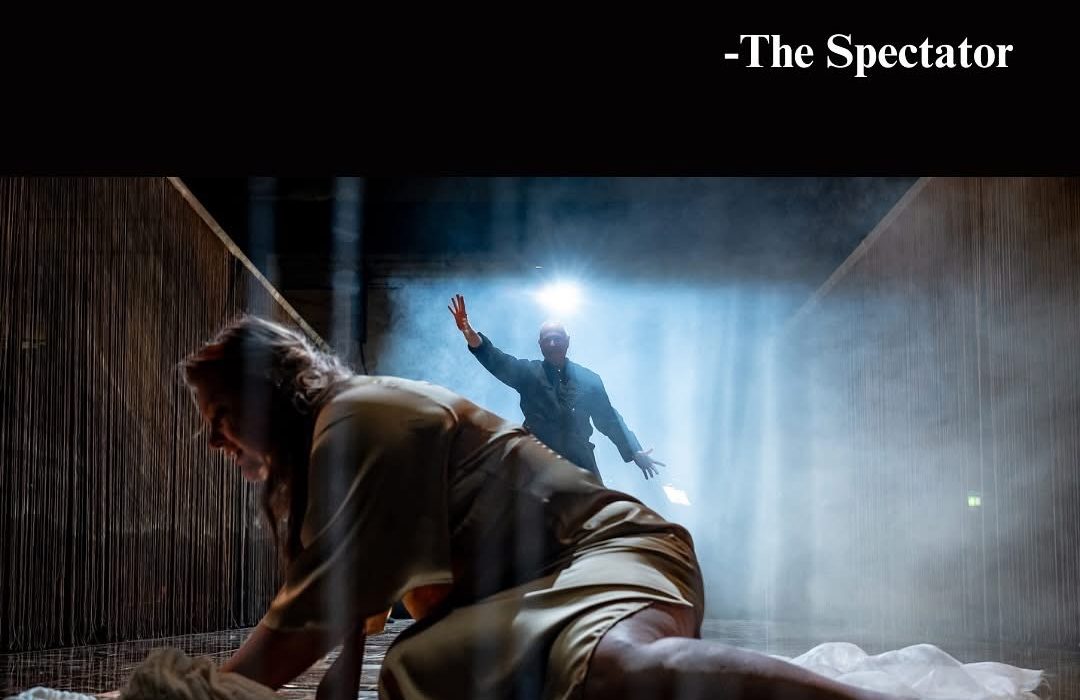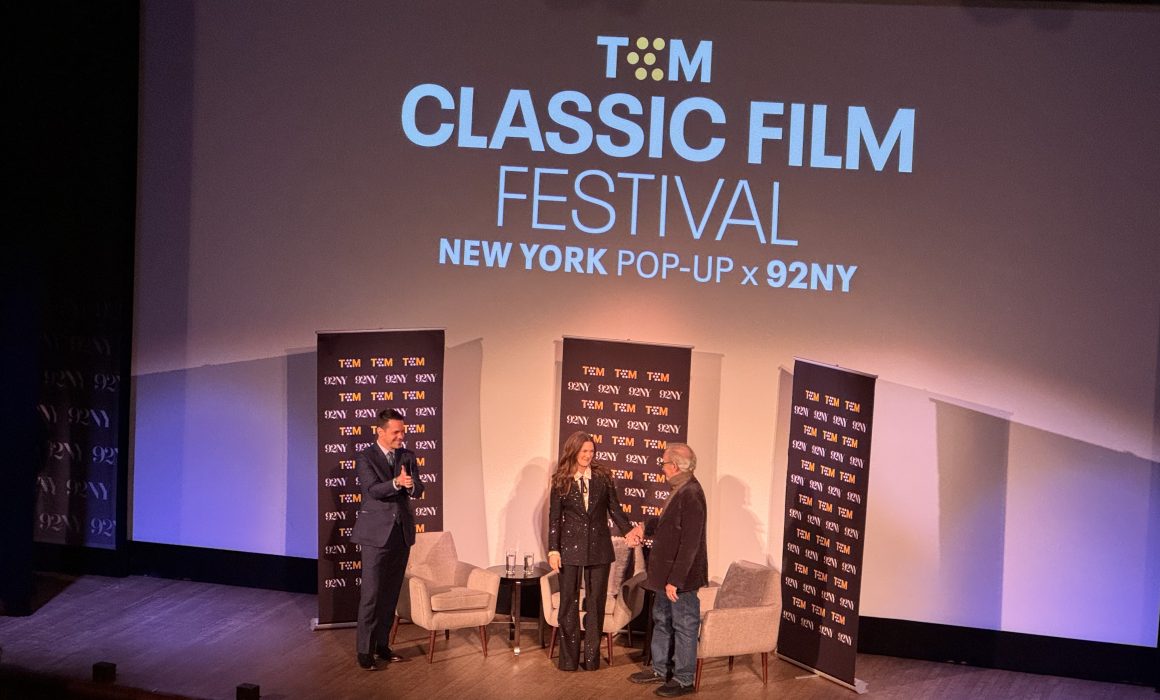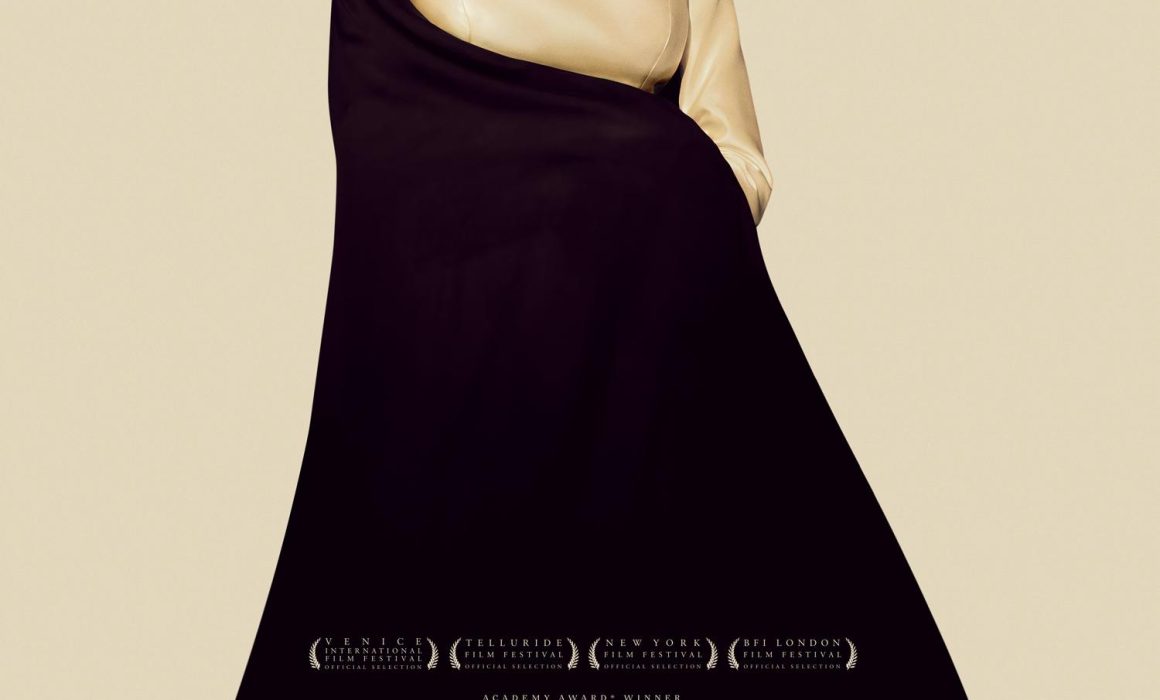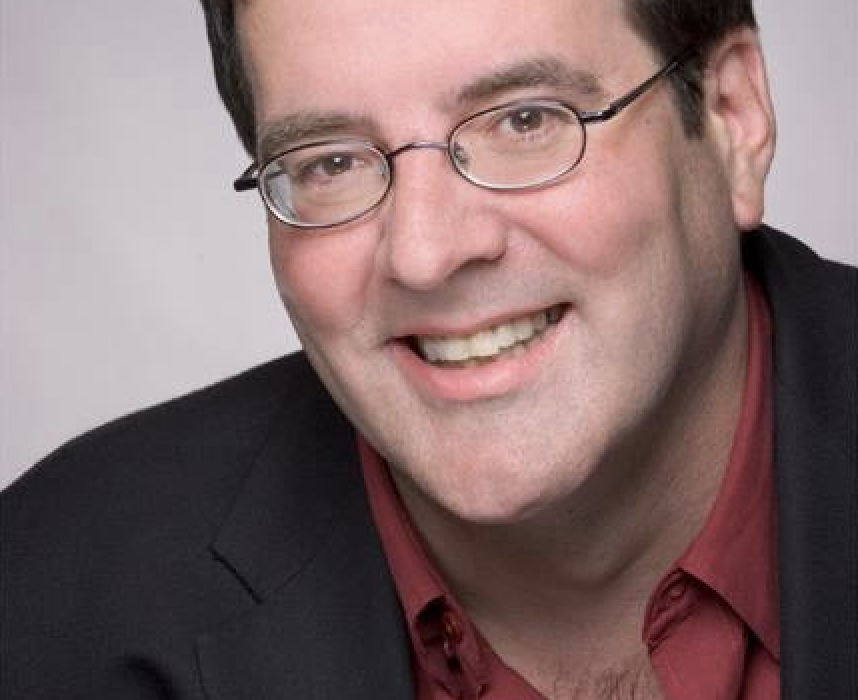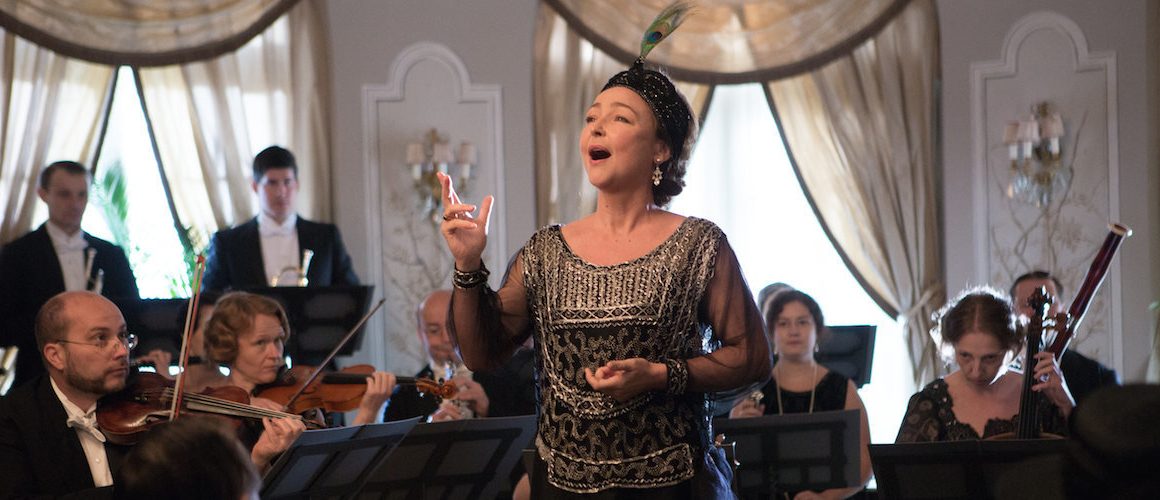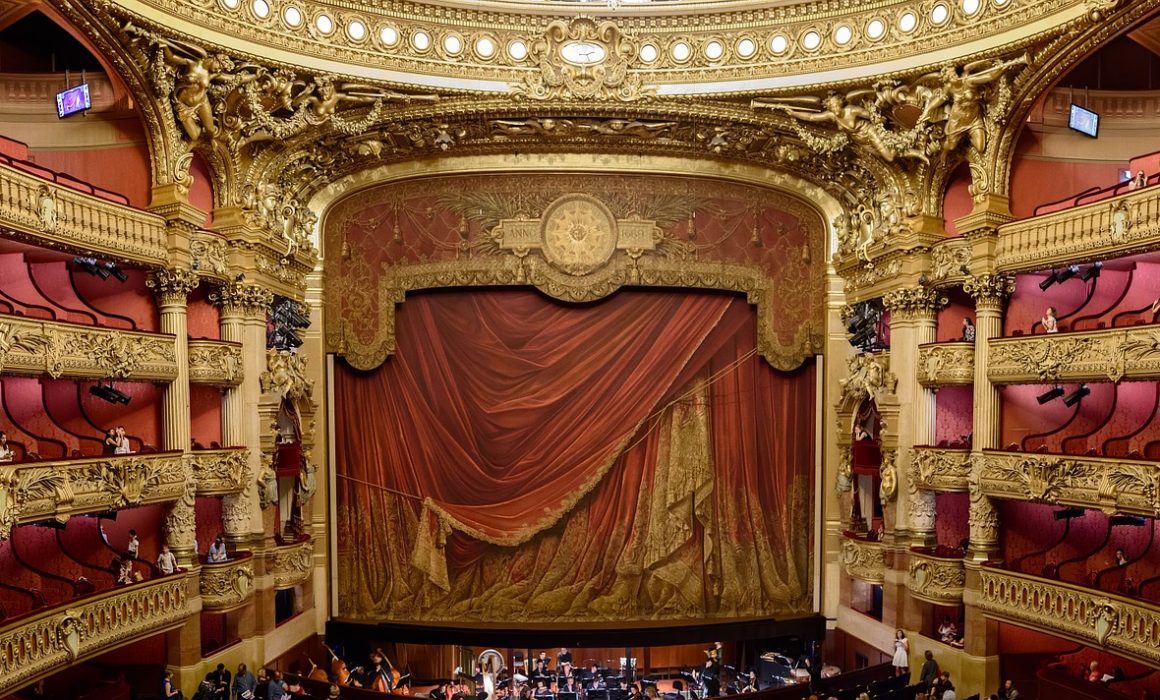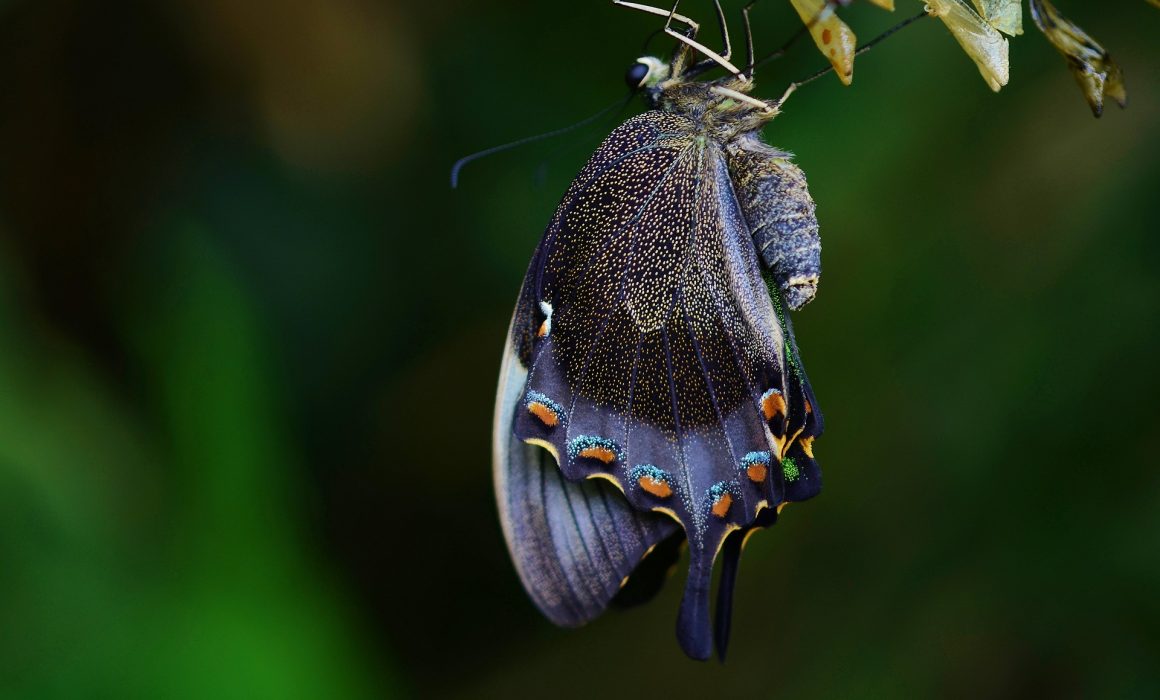Review of GÖTTERDÄMMERUNG, by REGENTS OPERA, London, Spring 2025
by Pamela Kuhn
Wagner fans will travel the globe to attend productions of his Ring Cycle. Between 1977 and 1984 the Pacific Northwest Festival in Seattle mounted the entire Ring Cycle, one week performed in German and then the following week in English. For creator, Glynn Ross this project was an extraordinary achievement. Fans, critics and impresarios from around the world came to hear and see this remarkable feat. Outside of Bayreuth, the Pacific Northwest Festival crafted their ambition and achieved a production that could rival any opera house in the world. The budget was slim, but the payoff from the respect that this project earned was huge.
Over the past several years a small independent opera company in London, Regents Opera, have realized a similar vision. And with it, Conductor, Ben Woodward has made musical history. With his tenacious approach to private fund raising and use of a smaller orchestra, Maestro Woodward has managed to build Regent Opera’s Ring Cycle into a triumphant production.
With his own orchestral arrangement of Wagner’s masterpiece scaled down to 22 players, Maestro Woodward has managed to keep the required rich sound while staying within budgetary requirements.
I attended Regents Opera first performance of Götterdämmerung and it often seemed that the orchestra was much larger than the actual 22 players. The lush strings take the heat but the brass and woodwinds are there with the necessary cues that we depend upon. Maestro Woodward understands the finite elements and complications upon the players within his arrangement. And he conducts with style and strength.
Throughout the entire Ring Cycle, the storytelling is the centerpiece. Caroline Staunton, house director from the Berlin Staatsoper, doesn’t shy away from the dark psychological underbelly of the story. One of the reasons that this works with such brilliant clarity is that all performances of Regents Opera Ring so far have been staged in the round. Previous performances were held at the Freemason’s Hall in Covent Garden. An elegant and dignified venue which offered a huge space for the operas to function while giving a profound solemnity within the stained glass windows of the hall. But Regents Opera needed to move to a new theater this year for the complete Ring Cycle performances. And the theater they chose is no less a boxing arena at York Hall in Bethel Green…the reputed home of British boxing. There is a cheekiness about this venue move which the London press delightedly seized upon.
York Hall offers a 360 degree insight which Caroline Staunton didn’t hesitate to seize upon to maximize the psychological drama and revelation of the lust for power within the story. The intimacy that Wagner so often requires in many scenes is not denied here. And within the theater in the round scenario there seems to be a responsibility born by the audience to be part of the drama.
In the Immolation Scene, which may be the most complicated scene in opera to stage, there was great beauty in the directing as Brünnhilde challenged everyone in the audience as if they were complicit in the drama. This is where opera in the round works. It is not one dimensional.
Performances of The Ring Cycle opened on February 9th with two full complete sets of performances through March 2nd. An extra performance of Götterdämmerung was also offered on February 20th.
With a sophistication that rivals any large company, Regents Opera cast, crew and orchestra bring the depth of Wagner’s vision to the forefront. The sets are minimal and so nothing detracts from the story. At times the texture of the sets provides an inner message. The moveable pillars (or were they Runes?) in Götterdämmerung; the gossamer curtains in Siegfried which double as the bridal veil/chamber…it’s the texture that draws us to the emotional core, whether dreamlike or macabre.
Like film directors such as Alfred Hitchcock or Chris Nolan who repeatedly return to familiar actors in their projects, Maestro Woodward keeps true to his family of singers whom he knows he can rely upon. And they repay that dedication with fine performances throughout. In Götterdämmerung, Justine Viani as Gutrune was at once sensitive and vocally reticent when required. Catherine Backhouse delivered a bold Waltraute. Peter Furlong, who has taken on the demanding role of Siegfried draws us in to his portrayal with a combination of naivety and strength. The singing is safely guided by a lighter approach but it is nonetheless crafted by intelligence for stamina.
The role of Hagen was beautifully played and sung by Simon Wilding. His portrayal was chilling. The complexity of the persona of Hagen has always intrigued me. Here he is a serial killer bred by his father, Alberich, to do his bidding, and the character is drawn full circle as to the profound importance that Hagen bears in this story.
With valiant turns from the entire cast, including the excellent singing of the Rhein Maidens and the Norns, the night ultimately belongs to the superb performance of Catharine Woodward as Brünnhilde. A soprano who has developed the heft in her dramatic voice while never losing the point of her sound, she delivered a Brünnhilde which was both confident and luminescent. I especially enjoyed watching her transition from loving wife to one who has been betrayed which ignites once again her God like bearing. And her calm introspection leading up to the Immolation Scene communicated that she had accepted her responsibility in the destruction of Siegfried and the turmoil of the Gods. Her performances have been consistently outstanding throughout the Ring Cycle. There is no surprise that she is singing at Bayreuth.
Regents Opera takes on impossible tasks. This is partly due to the fact that Ben Woodward does not see obstacles. There is a large part of the hero’s journey within him. After The Ring Cycle, Regents Opera carries on with their yearly schedule of study weekends, large scale operas performed over a two-day presentation with orchestra, and, of course, the summer touring operas in France and the UK.
Will the independent Regents Opera production of “The Ring” return? Perhaps. But more importantly, if Ben Woodward can achieve musical history on such a small budget with the realization of such a successful project then I think the term “independent” can be replaced with “major” opera company. So, who out there will step forward to sponsor and fund this new major player?
Pamela Kuhn
2/22/2025

